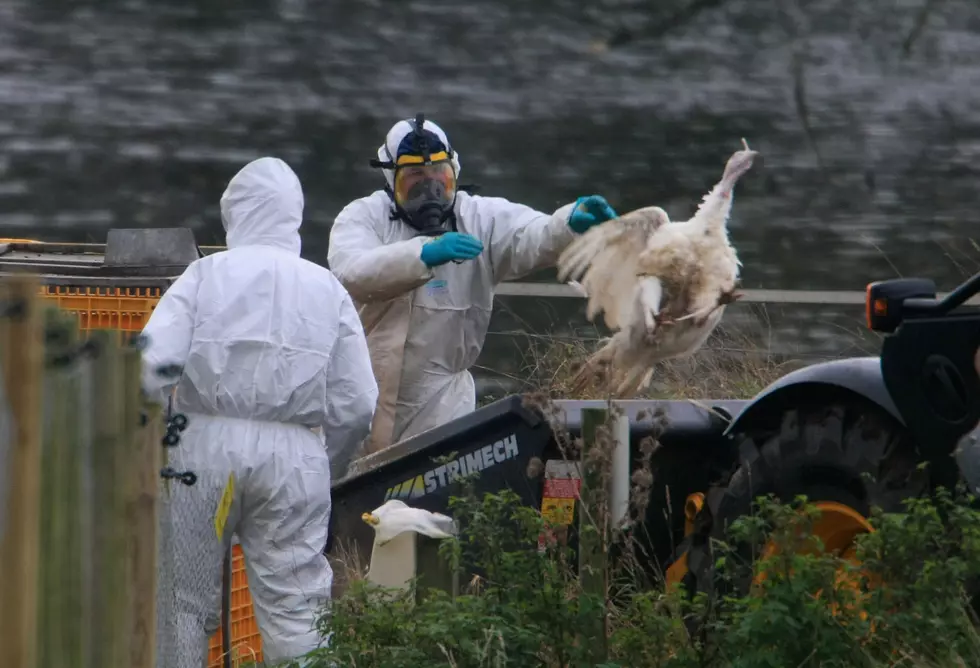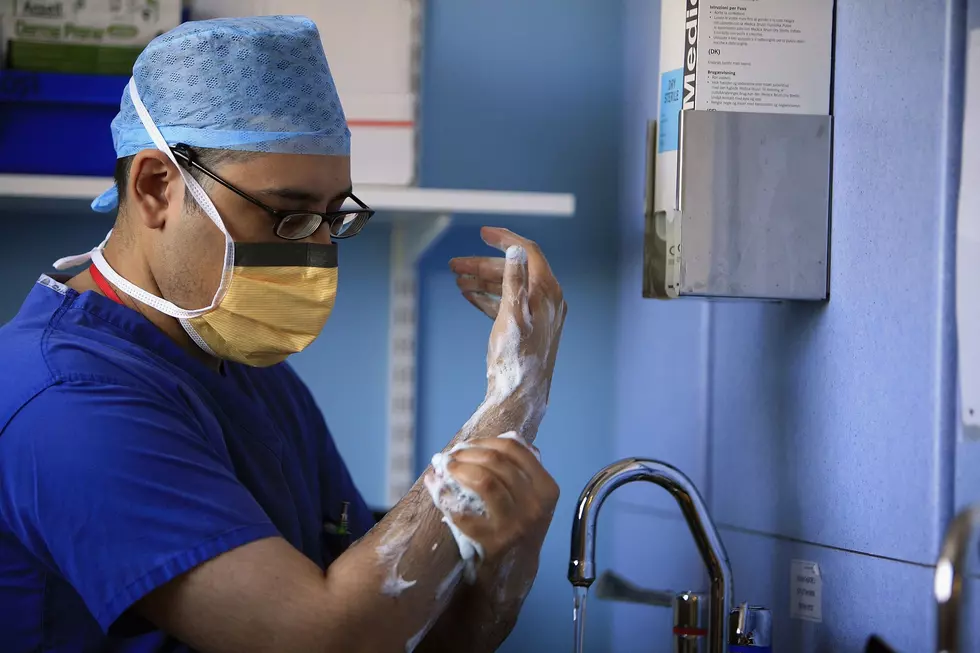
Another Deadly Brain-Eating Amoeba Linked to Neti Pot Use
Researchers say another deadly amoeba has been linked to neti pots or nasal rinsing. Here's what you need to know.
Spring is around the corner, but so are seasonal allergies. Some hoping to relieve congestion turn to using a neti pot or nasal rinsing to clear their sinuses - but scientists are urging against the practice.
New Threat Discovered
It's been known that those who use neti pots and nasal rinsing can become infected with a brain-eating amoeba, especially if the wrong kind of water is used. Now, researchers say they've discovered a second deadly amoeba.
The Centers for Disease Control and Prevention said it has found a link between Acanthamoeba infections and those nasal rinsing practices. While the likelihood of being infected with the Acanthamoeba is extremely rare, contracting the organism could lead to serious or even fatal health complications.
It has been found that 82 percent of all confirmed cases are fatal, as the amoeba is "opportunistic" and highly invasive.
Read More: Fungus That Causes Deadly Infections Spreads to New York
So far, 10 individuals have contracted the Acanthamoeba and their ages are listed between 32- and 80-years-old. Three of the infected were women and the remaining seven were men.
The CDC adds all 10 were considered immunocompromised, most commonly cancer, which elevates their risk of severe infection.
Of these 10 individuals, three succumbed to the infection.
What You Need to Know
To reduce your risk of contracting this new amoeba, the CDC is urging all individuals to educate themselves on the type of water they use.
When using a neti pot, never use water from the tap unless it's been treated. The only way to make tap water safe is to boil it between 1 and 3 minutes to kill all microscopic organisms.
Everyone must boil their water for a minute, but those living at elevations above 6,500 feet need to boil their water for at least 3 minutes.
Read More: Confirmed Measles Cases in New York Rising
While tap water is safe to drink and cook with, the amoeba can infect individuals when used for nasal rinsing or in a humidifier.
In addition to tap water, one can also use sterile or distilled water, which are both pre-treated against the amoeba.
Signs of Potential Infection
For those who have been using untreated tap water when nasal rinsing should be aware of these signs that signal a potential infection.
- Changes in one's mental status
- Onset of neurological problems
- Sensitivity to light
- Double vision
- Fever
- Loss of coordination
- Muscular weakness
- Partial paralysis
It is vital to be diagnosed with this amoeba as early as possible.

7 Healthy Things You Need During A New York Winter
Gallery Credit: Dave Fields
14 Of The Best Lentil Soups In The Mohawk Valley And Central New York
Gallery Credit: Dave Wheeler
13 Unsolved Hudson Valley Cold Cases and Mysteries
More From WIBX 950









